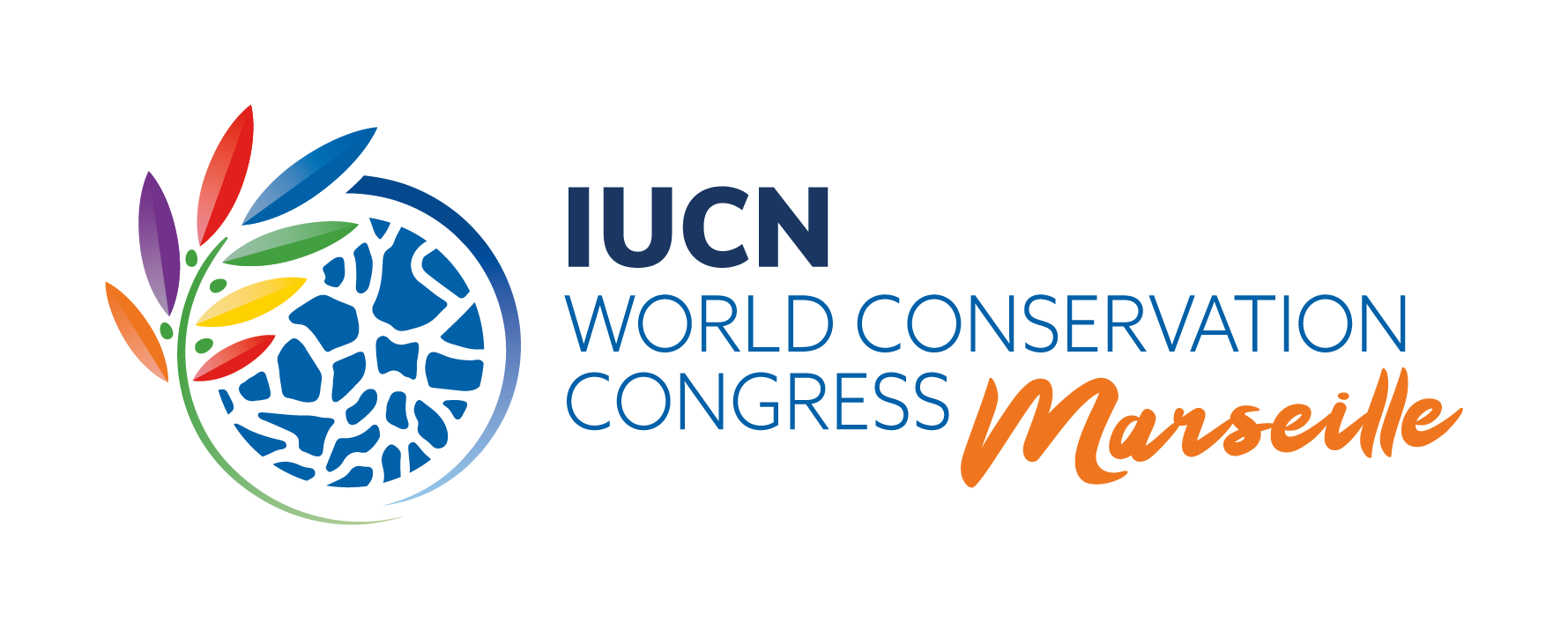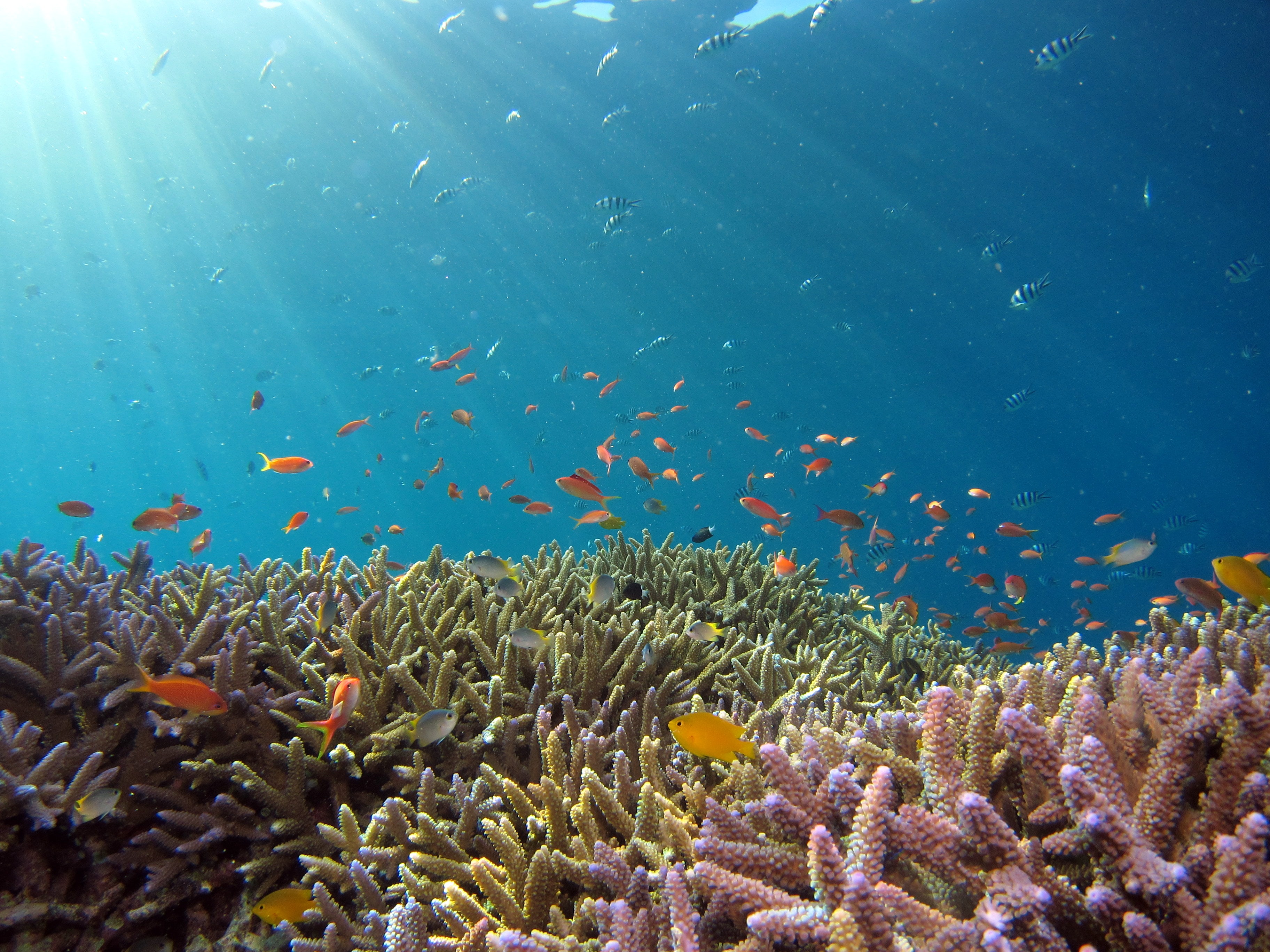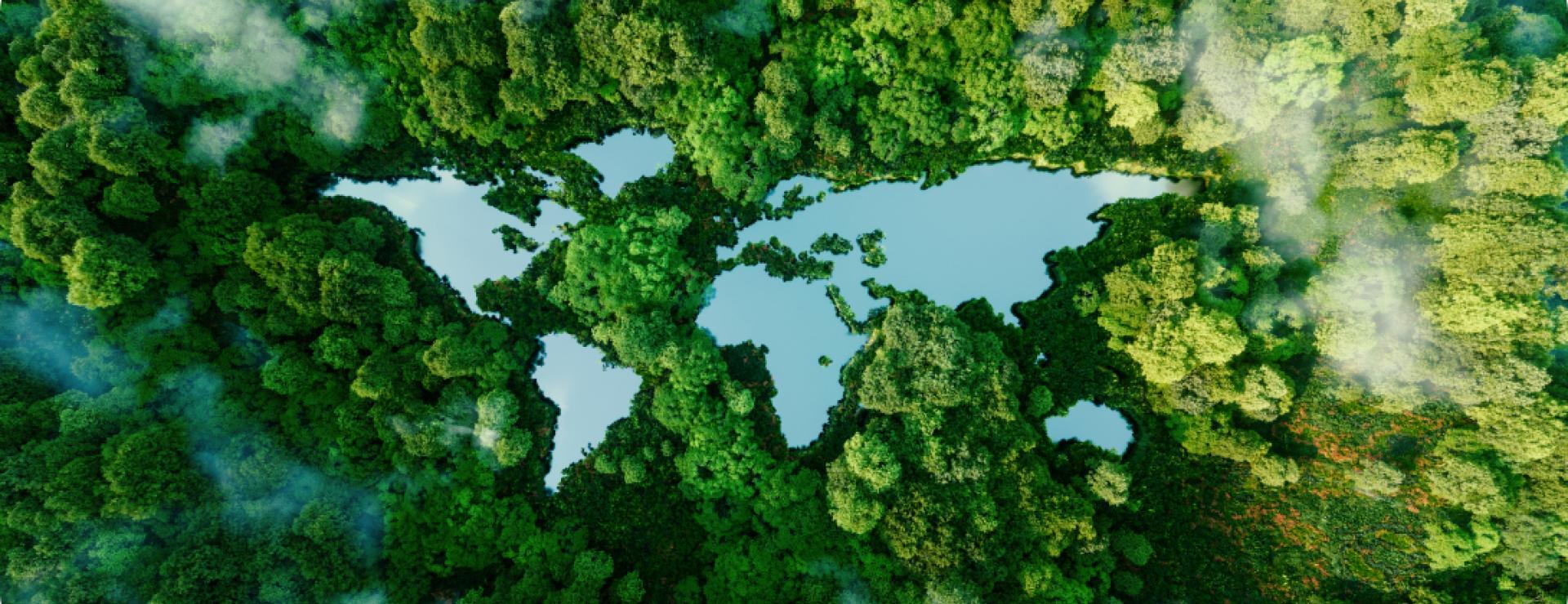
IUCNCongress : How PDBs can support Biodiversity ?
8 September 2021At the World Conservation Congress IDFC demonstrated the crucial role of PDBs in reconciling nature with the world of finance
IDFC organized on September 4th, 2021 at the International Union for Conservation of Nature (IUCN) World Conservation Congress held in Marseille, France from 3 to 11 of September, a round table on the role of public development banks in coping with the decline of the biodiversity.
This session “How can Public Development Banks (PDBs) support the post-2020 Global Biodiversity Framework?” was organized by the IDFC in the framework of its Making Finance Work for Nature (MFW4N) Working Group, under the lead of the Agence Française de Développement (AFD) represented by its CEO, Rémy Rioux and with the participation of Gustavo Montezano, the Brazilian Bank of Development (BNDES) President, Christiane Laibach, KfW German Bank Group Member of the Board, Ingrid Van Wees, Vice-President for Finance and Risk Management at the Asian Development Bank and Elizabeth Mrema, Executive Secretary of the UN Convention on Biological Diversity.

The session was moderated by Veronique Andrieux, CEO of WWF France.
This session focused on how PDBs can support the post 2020 global biodiversity framework and the positive contribution they can have on biodiversity. It was the opportunity to unpack the ‘financing green’ concept and to illustrate how PDBs invest in Nature, beyond biodiversity conservation projects, and what are the drivers for these investments. Another important aspect to be discussed was how PDBs can support in-country enabling conditions and the policy environment to pave the way for private finance and investment in activities that generate biodiversity co-benefits but also that help to align the funds with climate-objectives.

It was also the opportunity to discuss the findings of the WWF Report on “Public development banks and biodiversity How PDBs can align with the Post-2020 Global Biodiversity Framework” published in June 2021.
“We are the bees and pollinators of the financial system”
For Rémy Rioux, CEO of the Agence Française de Développement (AFD) and IDFC Chairperson, the biodiversity crisis is not only an environmental challenge to be taken up but also an economic challenge and societal which requires a reaction from all stakeholders. And in particular those in finance.
“Fortunately, it is possible to reconcile nature and the world of finance. The latter is more and more interested in it,” observed Rémy Rioux. “And for good reason: a third of the assets of financial institutions depend on healthy ecosystems.”
In this context, the IDFC Chairperson perceives the mission of the public development bank as that of a bee: “We, the public development banks, are the bees and the pollinators of the financial system: we disseminate messages to the various players, we find the right financial instruments”
 For Rémy Rioux the 500 public development banks in the world, which represent nearly 10% of investments made globally, are now expected to encourage green finance, and in particular protection of biodiversity.
For Rémy Rioux the 500 public development banks in the world, which represent nearly 10% of investments made globally, are now expected to encourage green finance, and in particular protection of biodiversity.
“We need to turn our business in the right direction, and that assumes that all financial players speak the same language. The Taskforce on Nature-related Financial Disclosures – a working group that brings together public and private actors on the publication of nature-related risks in the financial sector – is an effective tool to achieve this.” Rémy Rioux added. “We are ready to share the financial risks”
 Christiane Laibach, KfW Member of the Board, for her part insisted during this exchange on the need to encourage the private sector to join the efforts of public development banks in favor of biodiversity
Christiane Laibach, KfW Member of the Board, for her part insisted during this exchange on the need to encourage the private sector to join the efforts of public development banks in favor of biodiversity
“To achieve this, the sharing of experience and knowledge between players in international finance is essential, as is innovation,” said Christiane Laibach. We are prepared to share some financial risk, this is something the public sector can take on so that the private sector can get involved. ”
Backed by $ 3 billion in support for nearly 400 projects benefiting biodiversity on a global scale, KfW has for several years initiated a change in its internal operations in order to better take biodiversity into account in its activities.
“Public development banks have a major role to play in promoting the consideration of biodiversity by the financial sector”
For Gustavo Montezano, President of BNDES, the Brazilian development bank, they can intervene at three levels: “That of regulation, that of policies and that of the last mile, as close as possible to the populations”.
And the latter is the most important for him.”What we observe in Brazil,” Gustavo Montezano explained, “is that the richer the biodiversity in a place, the higher the natural capital there, the poorer the populations who live around it”
To remedy this form of incongruity, BNDES does not hesitate to work with multinationals such as Coca-Cola or Microsoft to modify the “price signal”, so that the value of the services rendered by ecosystems are better taken. into account and benefit local communities. One thing is certain: “More biodiversity must go hand in hand with more wealth.”
 “Imitate what has been done for the climate”
“Imitate what has been done for the climate”
For Ingrid Van Wees, vice-president in charge of finance and risk management at the Asian Development Bank (ADB), it is, for example, a matter of supporting countries that wish to do so in setting up a framework. strategic, technical and legal favorable to biodiversity. The objective will be to allow the realization of ambitious projects in the service of biodiversity, such as the protection, even restoration, of the wetlands located along the corridors used by migratory birds. These wetlands allow many species of protected birds to make stops, necessary for their survival.



